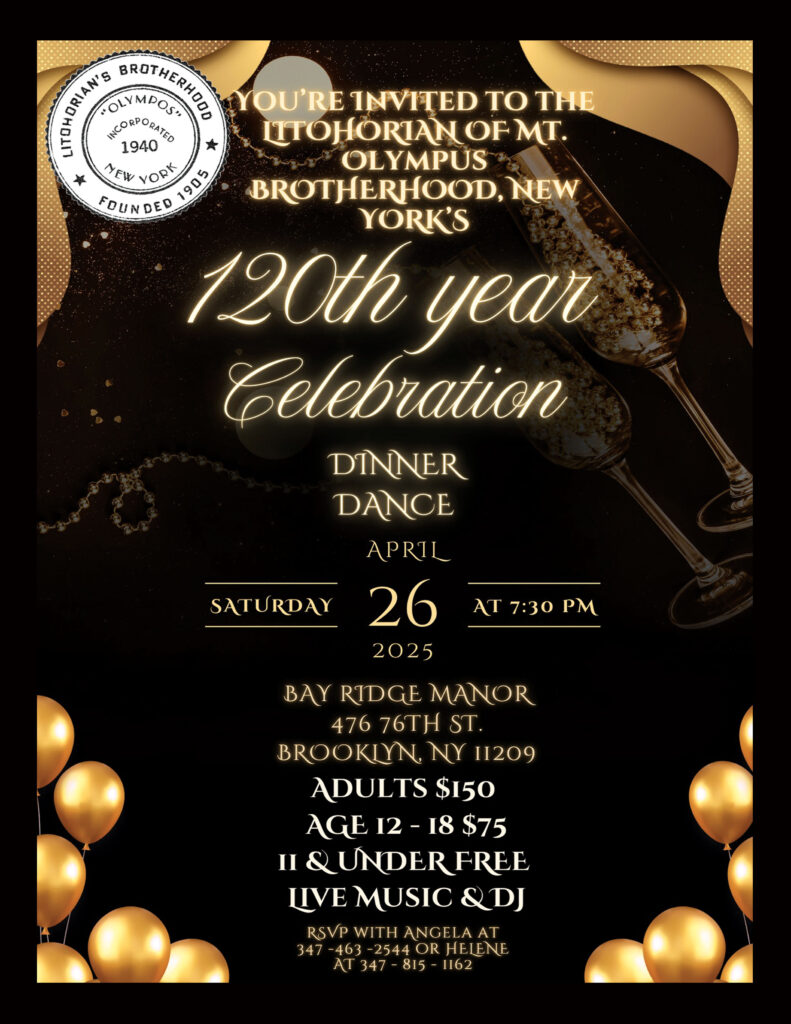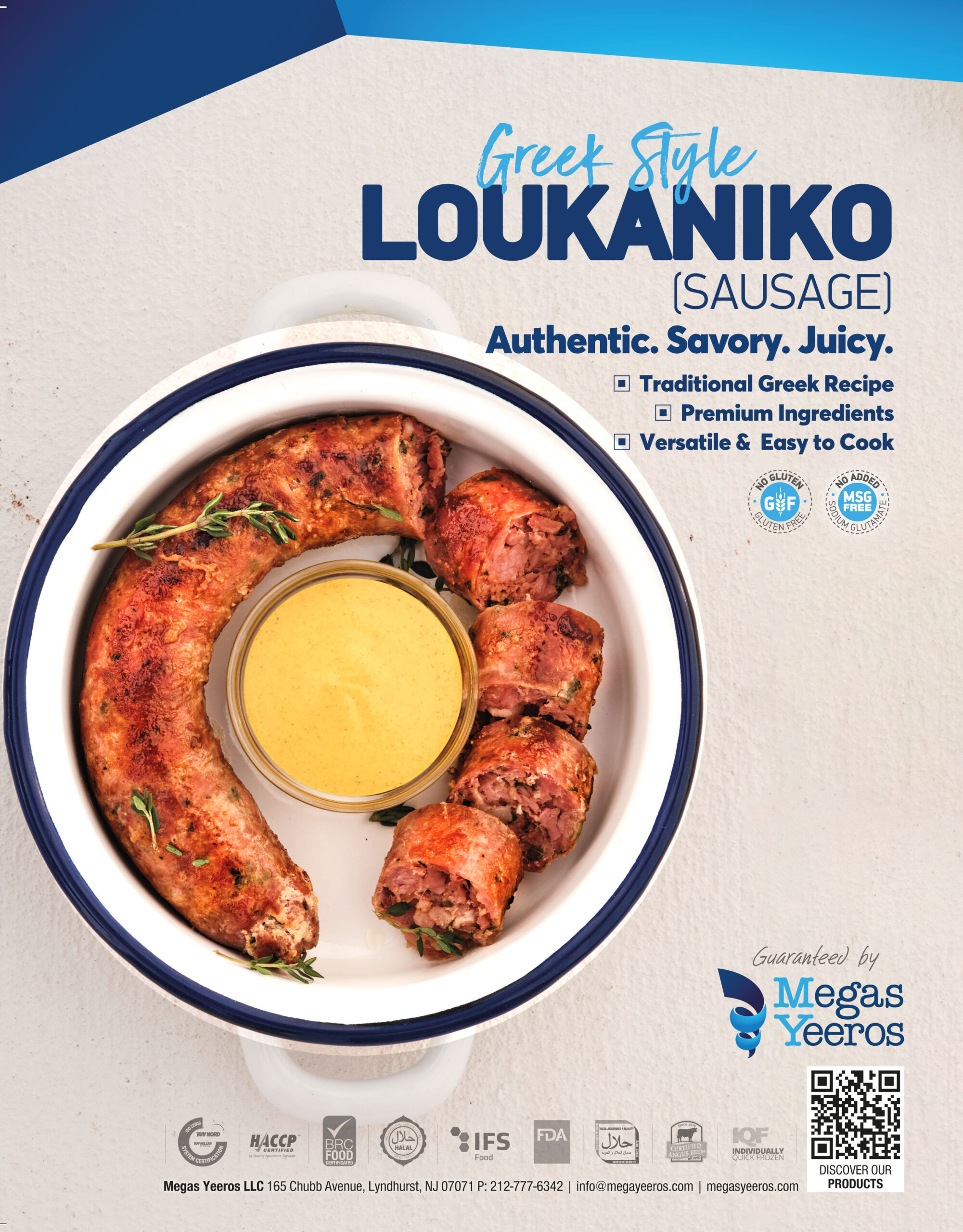Lessons from My Father
Posted by estiator at 13 December, at 09 : 09 AM Print
MANAGING FOR SUCCESS By CONSTANTINE N.KOLITSAS Business Coach
The dynamics of a father-son relationships are always complicated; even more so, I would argue, within a Greek-American family. When the father is born in Greece, and the son in America, the dynamics become even more complex. In my case, it wasn’t always easy for a son whose adolescence was influenced by rebellious rock music, ’70s Hollywood cinema, and plenty of creature comforts to understand a father whose formative years were forged in the cauldron of an impoverished Nazi-occupied Greece.
While my father and I genuinely had a very good relationship, there were fundamental differences in perspective that occasionally created friction and tension. And because the environment I encountered outside of the home was one that foolishly believed that the inexperience of youth had more validity than the wisdom of years, I was quick to challenge him on all manner of fronts.
As I grew older, of course, my perspective changed, and when I became a father myself, I began to understand him in ways that were incredibly profound. It’s cliché, but true, that as a young boy he was my hero, as a teenager I thought he didn’t know what he was talking about much of the time, and as an adult I learned to appreciate him to the point that, in many ways, he became again that hero I saw as a boy.
Among many other things, my father, Nick Kolitsas, was a great chef. Born on the island of Andros in Greece, he was the second of four boys and a girl (who was 11 years his junior). A proud “mama’s boy,” from a young age he would help my grandmother with meal preparations for the immediate and sometimes extended family that lived under his father’s roof.
He came to the United States in 1955, at the age of 20, to purse a better life, like many Greek men of his generation, and of generations to follow. After a short stint as a dishwasher, he quickly rose through the ranks to chef, owning his own business just five years after arriving in his newly adopted country. Like so many others, when he first came, he had no knowledge of the English language, was penniless, and had no relatives here on which to rely for help or support.
He taught me that I needed to learn to cook traditionally, and once I had mastered it, it was then that I could allow my creativity to express itself.
He taught me a great deal, but specific to food, he taught me how to use a kitchen knife: it must have a good weight to it, always be sharp, use the tip of the blade, hold the produce with your fingers bent at the knuckles, and trust your hands. I can still break down a case of mush-rooms in minutes with every slice coming out coin-thin.
He taught me to use the best ingredients because “you can’t make roses from shit.”
He taught me that olive oil was better than butter, unless the recipe truly needed butter.
He taught me that herbs and spices were like instruments in an orchestra: You don’t want to only hear the violins, but also the oboes, trumpets, timpani, and triangles.
He taught me that the most important ingredient in any recipe was love.
He taught me everything I cooked needed its time; not to rush, and to allow the flavors to find each other.
He taught me that I needed to learn to cook traditionally, and once I had master edit, it was then that I could allow my creativity to express itself. He taught me that there was no replacement for technique.
He taught me that things from the ground shouldn’t come out of cans.
He taught me that if I didn’t have passion for cooking, to spare others from having to eat what my hands produced.
Last month we lost my father, but those lessons are never lost. I am honored to continue his legacy at my own two Greca restaurants, with my amazing team of chefs and cooks.
As the Greeks say, “Yia sta heria sou” (rough translation: “Long life to the hands that prepared the meal”), although those hands will now be cooking for his family and friends in heaven. Post Script: I know that many Estiator readers share many of the experiences related here. Please feel free to share those with me at ckolitsas@gmail.com. It could make for a wonderful feature for our magazine.
Constantine Kolitsas is the president of CNK Consulting, a restaurant consultant and coaching business. He can be reached at 203-947-6234 or at ckolitsas@gmail.com.














